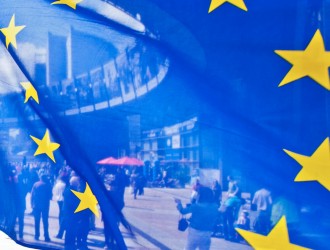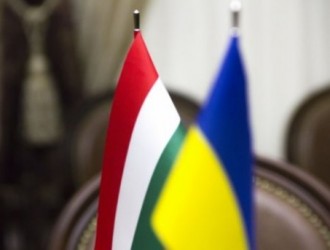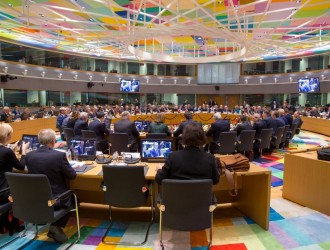Subscribe for Newsletter
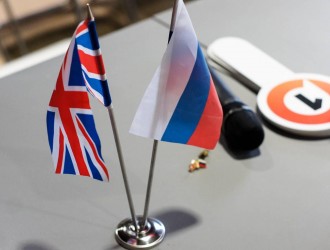
NATO has expelled 7 diplomats from Russia’s mission to the alliance and block the appointment of 3 others earlier in March 2018. Ivan Us, an associate expert in the field of international economy at Ukrainian Prism Foreign Policy Council, joined UATV to discuss it in more detail.
Topics: International security
Regions: Russian Federation and Central Asia
Publications: Video/Audio
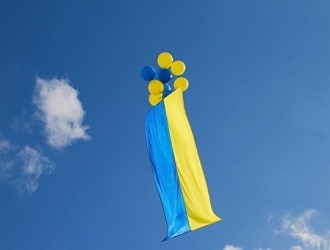
Introduction For the last four years, Ukrainian foreign policy has been wholly focused on the European and Euro-Atlantic dimensions. This has often negatively influenced its relations with other countries, where it has failed to demonstrate a strategic vision and proactive approach. While cooperation with the US and resistance to Russian aggression have ranked high on […]
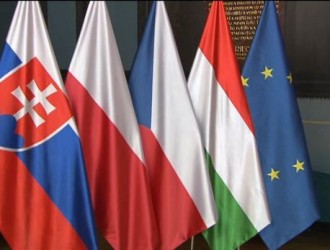
Despite the differences in the positions on foreign policy priorities among the countries of the Visegrad Group the experience of the last three
years clearly shows solidarity in the issue of assistance to Ukraine

How the European Union and the European Parliament (EP) contribute to the promotion and protection of human rights in Ukraine?
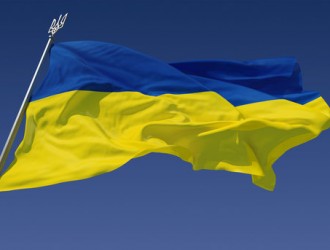
International experts and diplomats have announced the results of Ukraine’s foreign policy in 2017. So what are the biggest successes and failures? To get to know all the details, we welcomed to the studio Hennadiy Maksak, chairman of the Foreign Policy Council ‘Ukrainian Prism’ – the organization which conducted this survey.
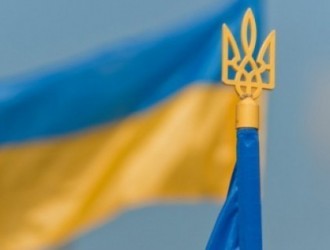
December 22 marks the 100th anniversary of Ukraine’s diplomatic service, created in 1917. The country’s President Petro Poroshenko and Prime Minister Volodymyr Groysman attended a special ceremony to commemorate the century of Ukrainian diplomacy. To learn more about the service, we were joined by Hanna Shelest, editor in chief of Ukraine Analytica.
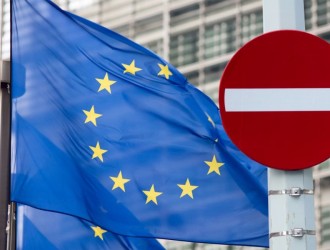
The European Union has extended the sanctions against Russia for another 6 months. Since the 2014 illegal annexation of Crimea, the US and Europe keep adding up controversial figures on the list of economic sanctions. But did they change anything on Russia’s interaction with the rest of the world? Are they here to last? For […]
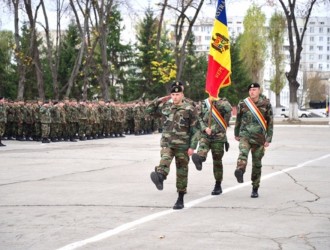
The defence sector was a low priority in the political competition as it provided little political, economic and reputational incentives
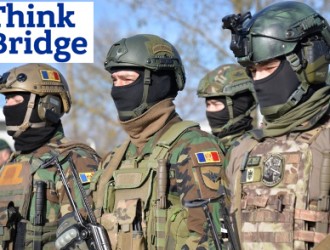
Issue 10 of the Eastern Partnership Think Bridge Digest is focusing on transformations in security sector
